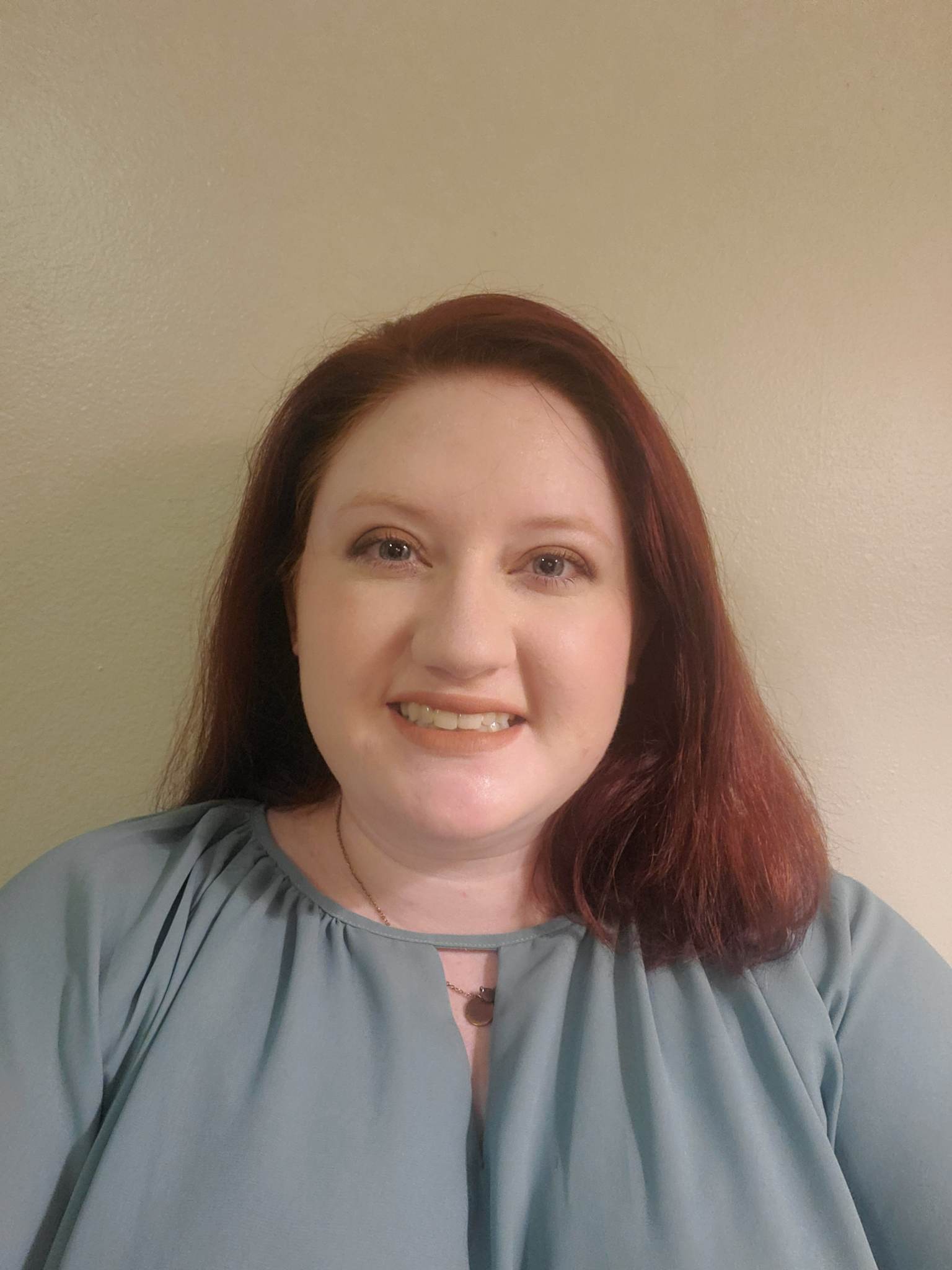Mindset shift from COTA to OTR
I have been working as a certified occupational therapy assistant (COTA) for the past 5+ years, with my primary experience being in skilled nursing. I loved my time as a COTA and utilized it to absorb invaluable knowledge while planning to become a registered occupational therapist (OTR). In the fall of 2021, I began my Master of Science in Occupational Therapy (MSOT) through Belmont University’s weekend bridge program and will graduate later this year.
While completing my MSOT coursework, I continued to work full-time and PRN as a COTA. I thought of myself as a COTA who happened to be taking classes to get my MSOT, not a “future OT.” Going into fieldwork, my experience as a COTA and my MSOT coursework led me to feel confident in my knowledge and skillset, and to be prepared to maximize my time. I was not prepared for the mindset shift I experienced as I transitioned from a COTA to an OTR.
Imposter syndrome
When I started my first Level II fieldwork, I felt like a student. Not an OT, and definitely not a COTA. I required a lot of help from my fieldwork educator, frequently asking for advice and reassurance, and taking a hands-off approach to observe. I felt like I needed to ask for permission for everything I did. I self-justified that lack of confidence by telling myself “you only feel this way because pediatrics is outside your comfort zone.”
Hearing my fieldwork educator say, “I want you to feel like you are the OTR here,” only 2 weeks into my rotation, was a novel idea. My internal dialogue was telling me that I was a student. I needed to shift my mindset, tapping into the clinical confidence I had cultivated as a COTA and during my MSOT coursework. I was able to regain some of this confidence until midterm week.
A setback
At the midterm point, I had a period of regression and felt myself retreat comfortably into the role of a COTA. I was tormented by, “I need to wait for the OT to answer that question,” “let me ask the OT for recommendations,” and “I can’t tell her what to do. I’m a COTA and student.” I again found myself waiting for approval on treatments, conversations, goals, and anything else I did. Despite my 5-plus years of clinical experience and the small gains of confidence I had cultivated during this rotation, I suddenly felt like a brand-new practitioner … again… .
These doubts triggered a period of extreme self-awareness. It wasn’t appropriate for me to delegate tasks to the OT because I was a COTA and a student. I began second-guessing every decision I made, even clinical decisions I had been making for years. I needed a reminder that I was the (soon to be) OT, and that soon enough all these tough decisions would be my responsibility.
I searched the internet for articles to see if someone else had similar experiences and was unable to find any support online. At that point, the only people who would understand how I was feeling were my fellow COTA and physical therapy assistant (PTA) classmates. I reached out to a few of my classmates for support. I felt relieved to hear I wasn’t alone in my struggle; however, they did not have any solutions.
Finding encouragement
I was taken aback the first time my fieldwork educator saw a patient I was the primary treating therapist for. She asked me what activities she should incorporate and what goals she should address during that session. I stuttered and gave a generic answer because I couldn’t believe she was asking me, the student!
She asked this question several times as I progressed through my rotation, and each time my answers grew more confident. This allowed me to grow comfortable being the OT and collaborating with another OT practitioner. I no longer felt like a COTA or a student, I began to feel like a future OT. She taught me a valuable lesson: it’s okay to oversee and direct the plan of care that I had established.
By my final week of that rotation, I was acting independently! I could complete evaluations independently and collaborate with my fieldwork educator regarding the plan of care. She helped me grow in confidence to supervise and collaborate with future COTAs. I felt like I had a period of personal and professional growth and was confidently able to say, “I am going to be the OT.”
Advice for transitioning from COTA to OTR
While my experience as a COTA to OTR is unique, I think there are some important reminders that students who transition from COTA to OTR need to hear.
- You will soon be the person responsible for interventions, caseload, documentation, and plans of care without someone watching, reading, and approving everything you do.
- It is ok and even necessary to act confidently during fieldwork and to own that future responsibility.
- Don’t be afraid to showcase your clinical skill set and knowledge, but keep your mind open to learning new things.
 Samantha Harrison, COTA, is currently completing her second Level II fieldwork and will graduate in August of 2023. After graduation, she seeks to return to a career as an OT in a skilled nursing facility, where she can continue to flourish and learn. This fall, she will enroll in a Post-Professional Doctor of Occupational Therapy to pursue a career in teaching, educating future generations of occupational therapy practitioners.
Samantha Harrison, COTA, is currently completing her second Level II fieldwork and will graduate in August of 2023. After graduation, she seeks to return to a career as an OT in a skilled nursing facility, where she can continue to flourish and learn. This fall, she will enroll in a Post-Professional Doctor of Occupational Therapy to pursue a career in teaching, educating future generations of occupational therapy practitioners.